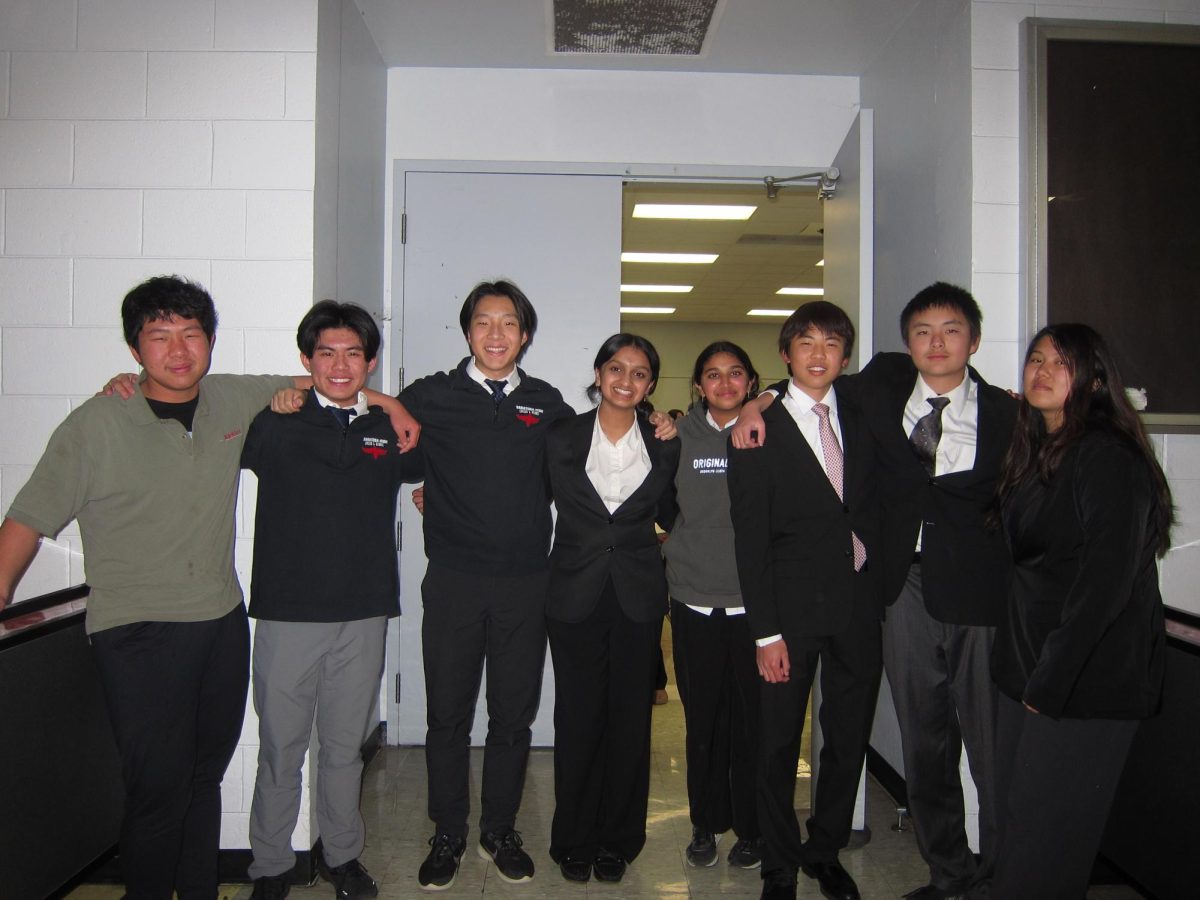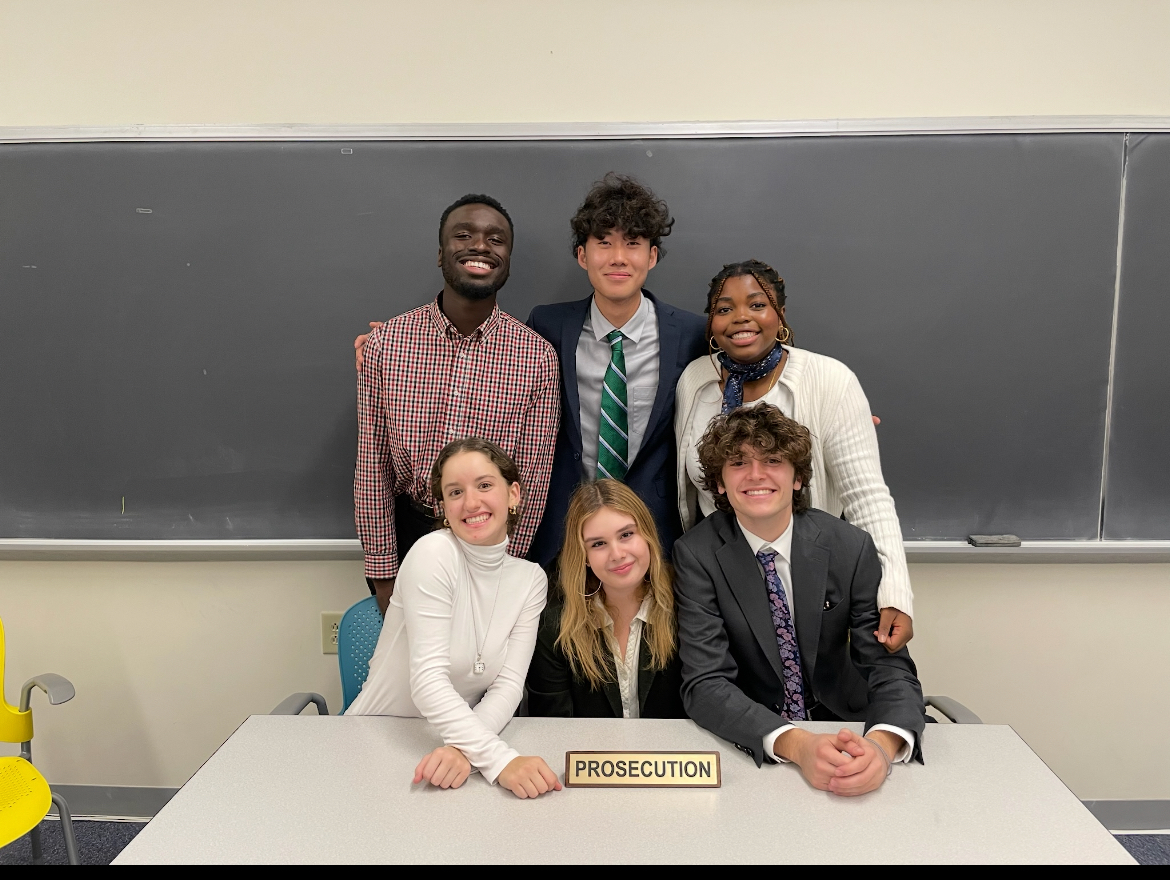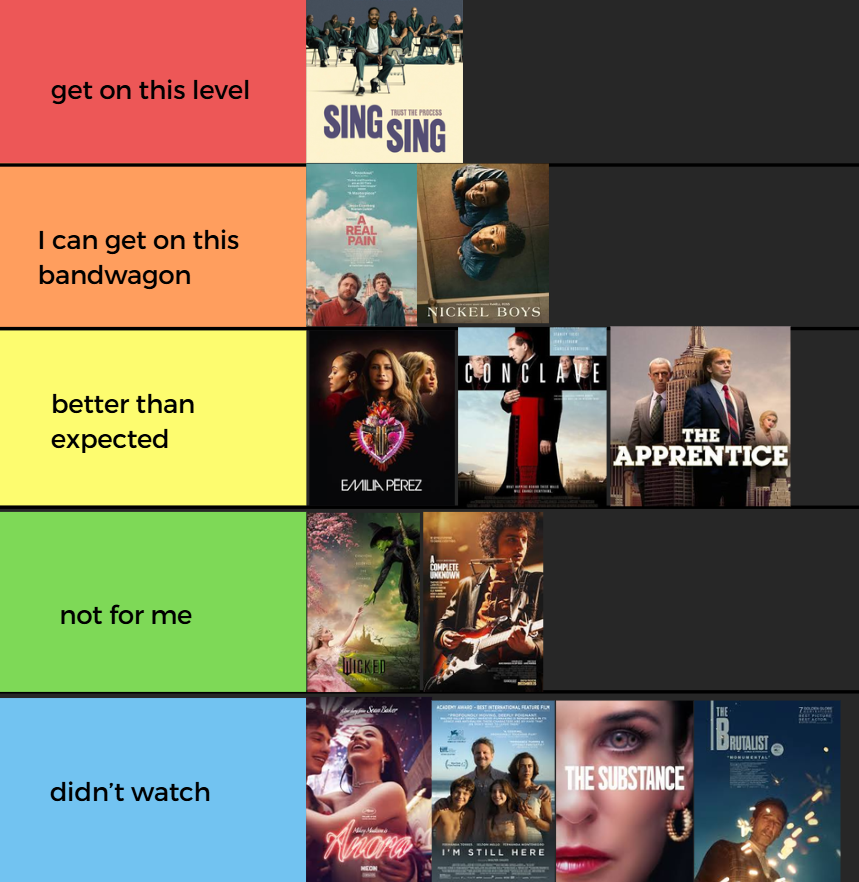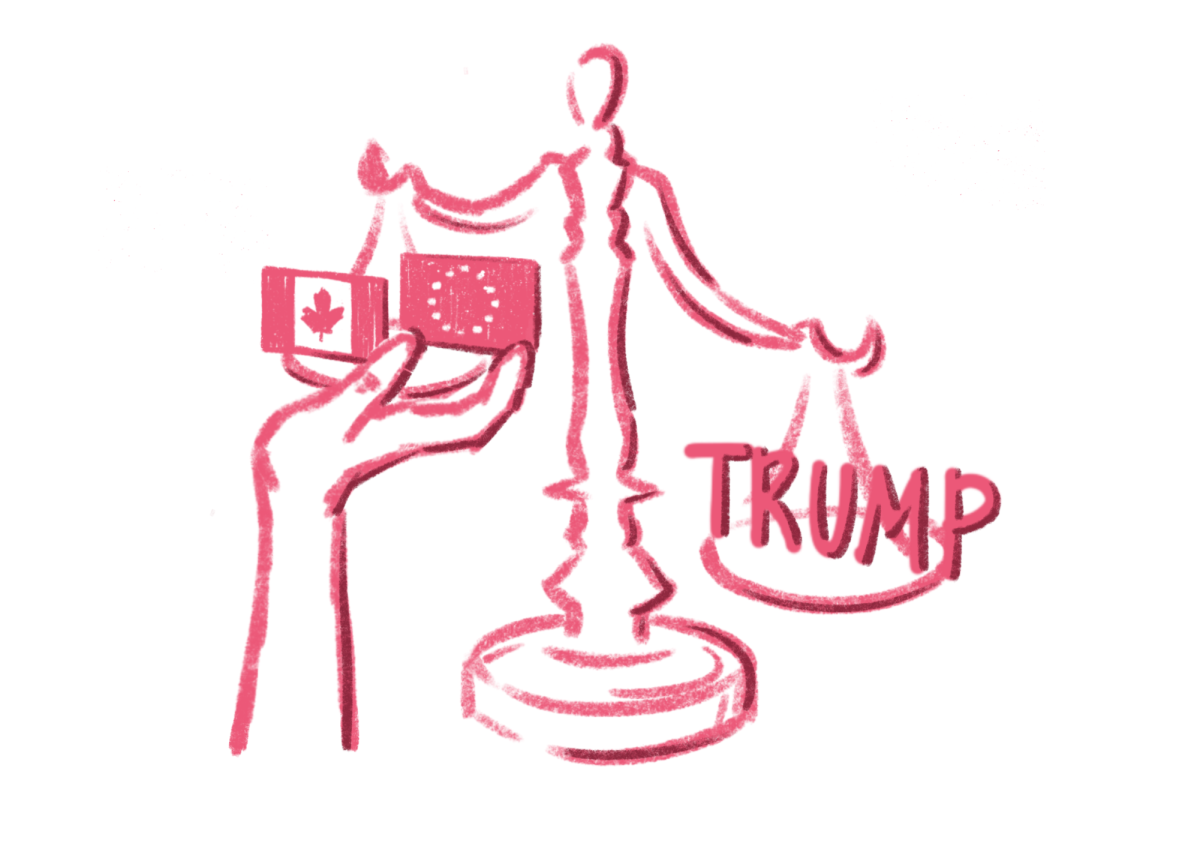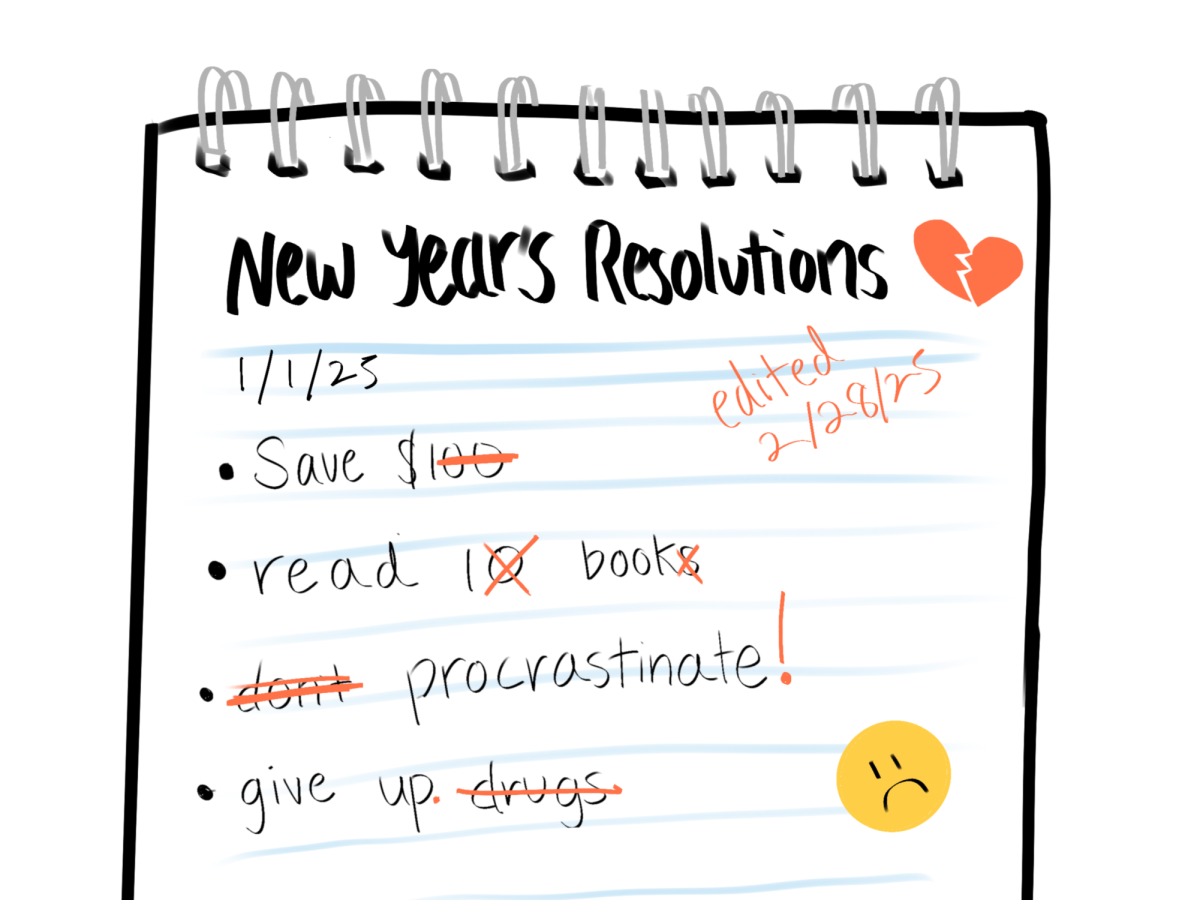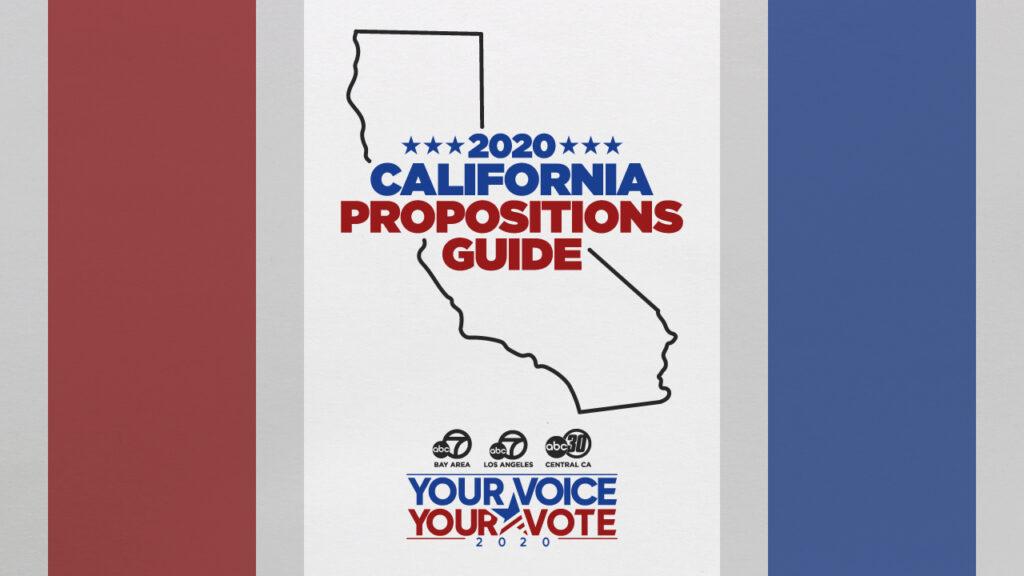Proposition 14
Argument for/background:
-
California would sell $5.5 billion worth of bonds to private investors and the state would pay it back over to the investors the next 30 years
-
Money would go to medical research in areas such as stem cells, cancer, and Alzheimer’s disease, mostly conducted by University of California’s labs and hospitals.
-
Taxpayers would have their tax revenue increased in order to pay back the $5.5 billion to bondholders over the next 30 years
Argument against:
-
Taxpayers would save more money, however, stem cell research would be halted or decrease the rate at which it is currently progressing
Proposition 15
Argument for/background:
-
Owners of commercial and industrial real estate would pay property taxes based on current market value rather than the value they bought the estate for
-
Public schools and local governments would get between $6.5 billion to $11.5 billion in new funding
Argument against:
-
Commercial real estate owners would pay taxes based on the value they bought the estate for
-
Public schools and local governments would not have increased funding
Proposition 16
Argument for:
-
Proposition 209 would be reversed, ending California’s ban on affirmative action and allowing public colleges and agencies in California to consider ethnicity, gender and race when making admissions or hiring decisions
Argument against:
-
California’s Prop 209 is not overturned and affirmative action remains illegal in public education, public employment, and public contracting
Proposition 17
Argument for/background:
-
People on state parole would be allowed to vote after completing their prison sentence
Argument against:
-
Those in county jail serving a misdemeanor, felony sentence or awaiting court, on probation, on mandatory supervision, on federal supervised release, on post-release community supervision, or a person with a juvenile wardship adjudication would be able to vote
-
Others with a criminal record would not
Proposition 18
Argument for/background:
-
17-year-olds could vote in primary elections and any special elections if they turn 18 by the next general election
-
Passing the proposition would also cause an increase in voters, which would cause an increase in costs per county, which would come out of taxpayer money
Argument against:
-
This would keep the current law that only allows those who are 18 by the primary election to vote
Proposition 19
Argument for/background:
-
People with disabilities, natural disaster victims or homeowners over the age of 55 who buy a new home would pay property taxes at the same rate as they did at their previous home, likely lowering their tax rate
-
Inherited commercial and residential properties would be taxed by market value unless used as primary homes or farms
Argument against:
-
No change to current property tax rate
-
All inherited properties would continue to be eligible for property tax savings
Proposition 20
Argument for/background:
-
Judges would be allowed to charge more theft-related crimes as felonies instead of misdemeanors, increasing penalties and restricting the number of inmates eligible for parole
-
Would require the parole review board to consider additional factors, such as the felon's age, marketable skills, attitude about the crime, and mental condition, as well as the circumstances of the crimes committed, before deciding whether to release a felon on parole
-
Those who committed certain crimes must submit their DNA to the state database
Argument against:
-
California would keep its current state with most theft related crimes as misdemeanors instead of felonies
-
This would also decrease the chance of having an overpopulation in prisons
Proposition 21
Argument for/background:
-
The local government would be able establish rent control on properties over 15 years old
-
A similar proposition was introduced in 2018, which Californians voted down with a 59 percent majority
-
Protects California families from eviction
-
Economists predict that more people would want to buy houses, which would increase causing house prices to increase as well
Argument against:
-
State law would maintain current limits on rent control laws
-
Law would hurt rental housing stock at a time when it’s most needed
Proposition 22
Argument for/background:
-
Drivers for Uber, Lyft and Doordash would be classified as independent contractors, not employees
-
They would not be covered by state employment laws, like minimum wage or overtime compensation, but instead would receive vehicle insurance and health care subsidies based on driving time
-
Would reduce restrictions on where app-based drivers could drive, get rid of set driver hours, and allow drivers to work for multiple companies
Argument against:
-
Uber and Lyft would need to label their drivers as employees
-
Drivers would have less choice about when and where they work but would get standard benefits and security
Proposition 23
Argument for/background:
-
This initiative would requires at least one physician, physician’s assistant or nurse-practitioner present while patients are being treated
-
Clinics must send dialysis-related infections report data to the state health department and National Healthcare Safety Network
-
Clinics cannot discriminate against or refuse care to patients based on income
-
Many dialysis clinics may be shut down due to the financial cost of having extra staff members present
-
Dialysis patients may receive better care
Argument against:
-
Chronic dialysis clinics would not be required to have a doctor on-site during all patient treatment hours
-
The 600 dialysis clinics California currently has would be able to continue to operate, without having the extra restrictions posed on them
Proposition 24
Argument for/background:
-
Would allow consumers to specify use of personal data like location, health information, or race used by businesses
-
Government would be allowed to fine companies $7500 for violating children’s privacy rights
-
A new state agency would be formed to enforce these privacy laws and conduct investigations
-
Reduce number of businesses that must comply with privacy laws
-
Businesses would be required to notify consumers about the length they would hold information
-
Many small businesses might be shut down due to the additional privacy laws this proposition has, which according to Ballotpedia, might impact over 100,000 businesses and cause over 140,000 employees to lose jobs
Argument against:
-
Current privacy laws would be upheld, and a state agency would not be created for this particular proposition
-
According to this article, there might be loopholes to make consumers pay for their privacy on certain websites and with certain businesses
Proposition 25
Argument for/background:
-
The state would assess each prisoner as low risk, medium risk and high risk using computer algorithms, where risk indicates how likely the prisoner is to fail to appear in court for their trial
-
Low risk would be released from jail
-
Medium risk would be further examined to determine their release or detainment depending on their local court’s rules
-
High risk detainees would stay in jail, but would be granted a chance to ask for release before a judge
-
California would be the first state to get rid of a cash bail system
Argument against:
-
The use of cash bail for detained suspects awaiting trials would be kept in place
-
This would affect the those who would not be able to pay for cash bail


